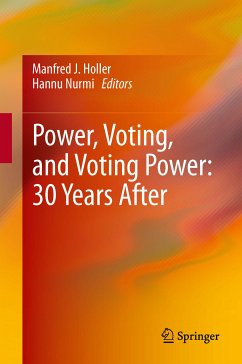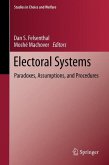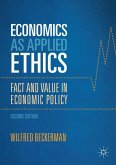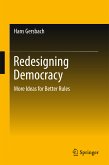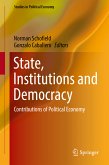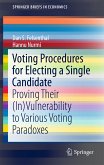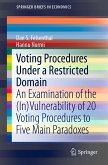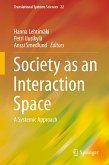The developments over a thirty-year time span in the study of power, especially voting power, are traced in this book, which provides an up-to-date overview of applications of n-person game theory to the study of power in multimember bodies. Other theories that shed light on power distribution (e.g. aggregation theory) are treated as well. The book revisits the themes discussed in the well-known 1982 publication "Power, Voting and Voting Power" (edited by Manfred J. Holler). Thirty years later this essential topic has been taken up again and many of the authors from its predecessor participate here again in discussing the state-of-the-art, demonstrating the achievements of three decades of intensive research, and pointing the way to key issues for future work.
Dieser Download kann aus rechtlichen Gründen nur mit Rechnungsadresse in A, B, BG, CY, CZ, D, DK, EW, E, FIN, F, GR, HR, H, IRL, I, LT, L, LR, M, NL, PL, P, R, S, SLO, SK ausgeliefert werden.

